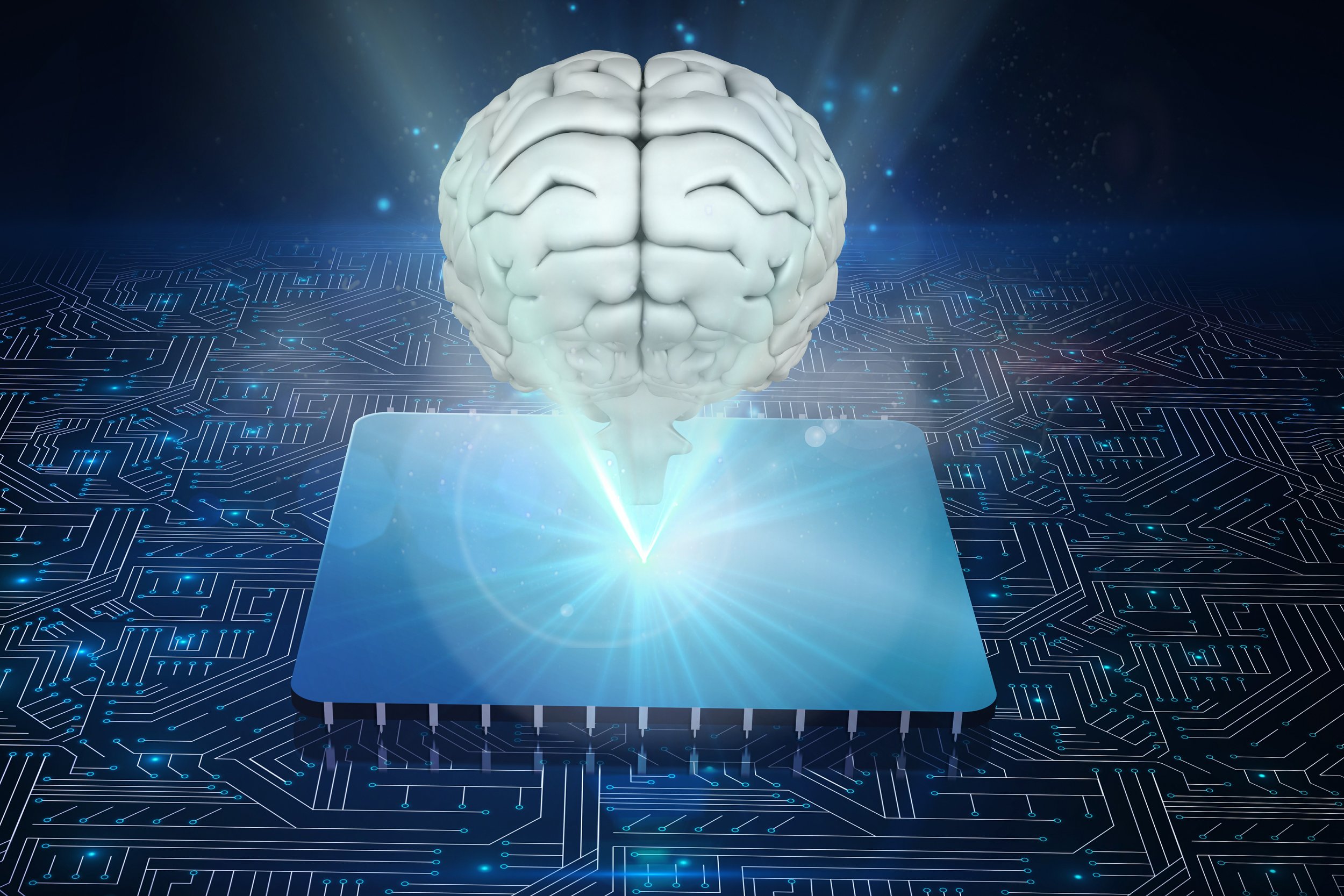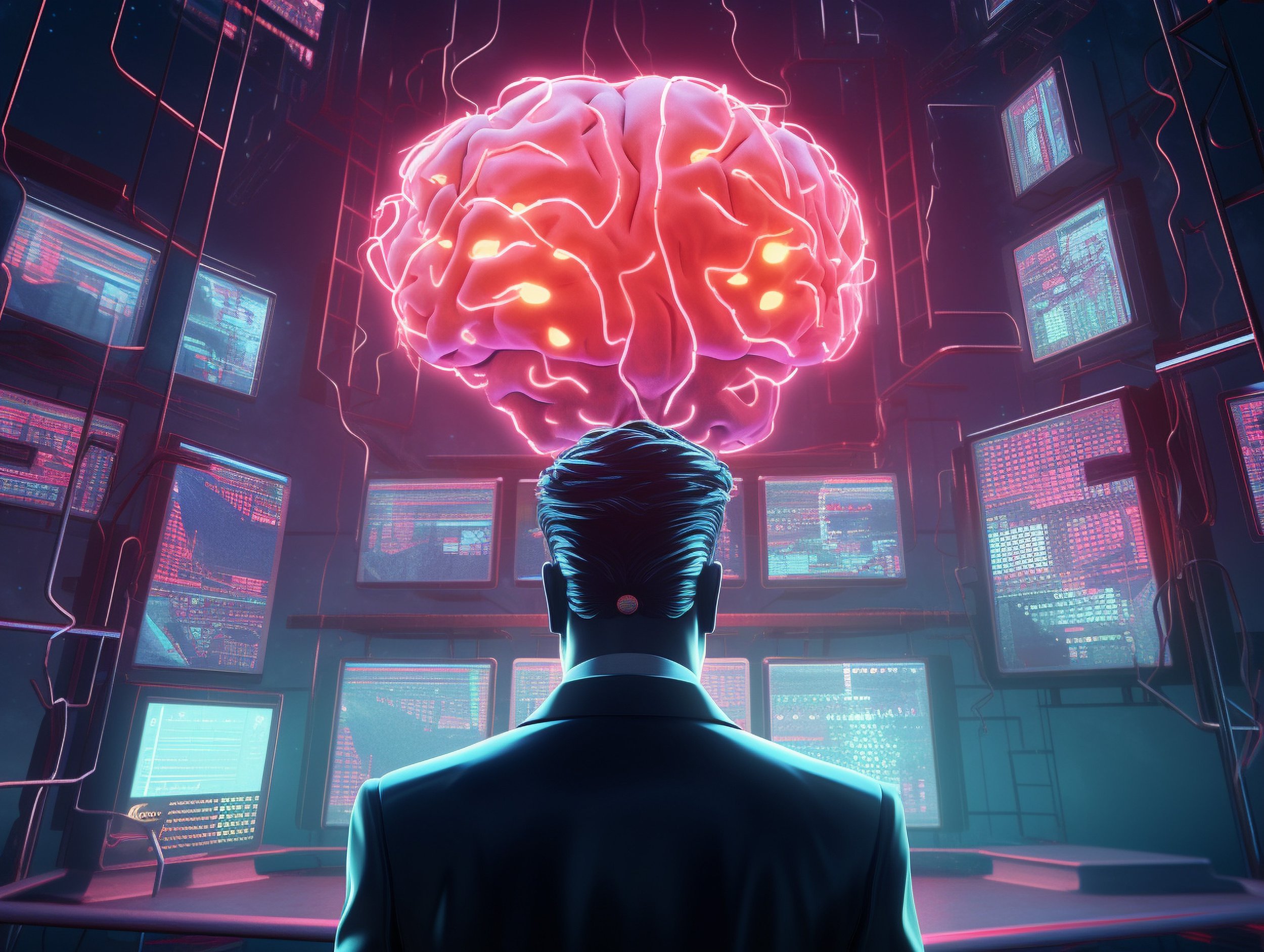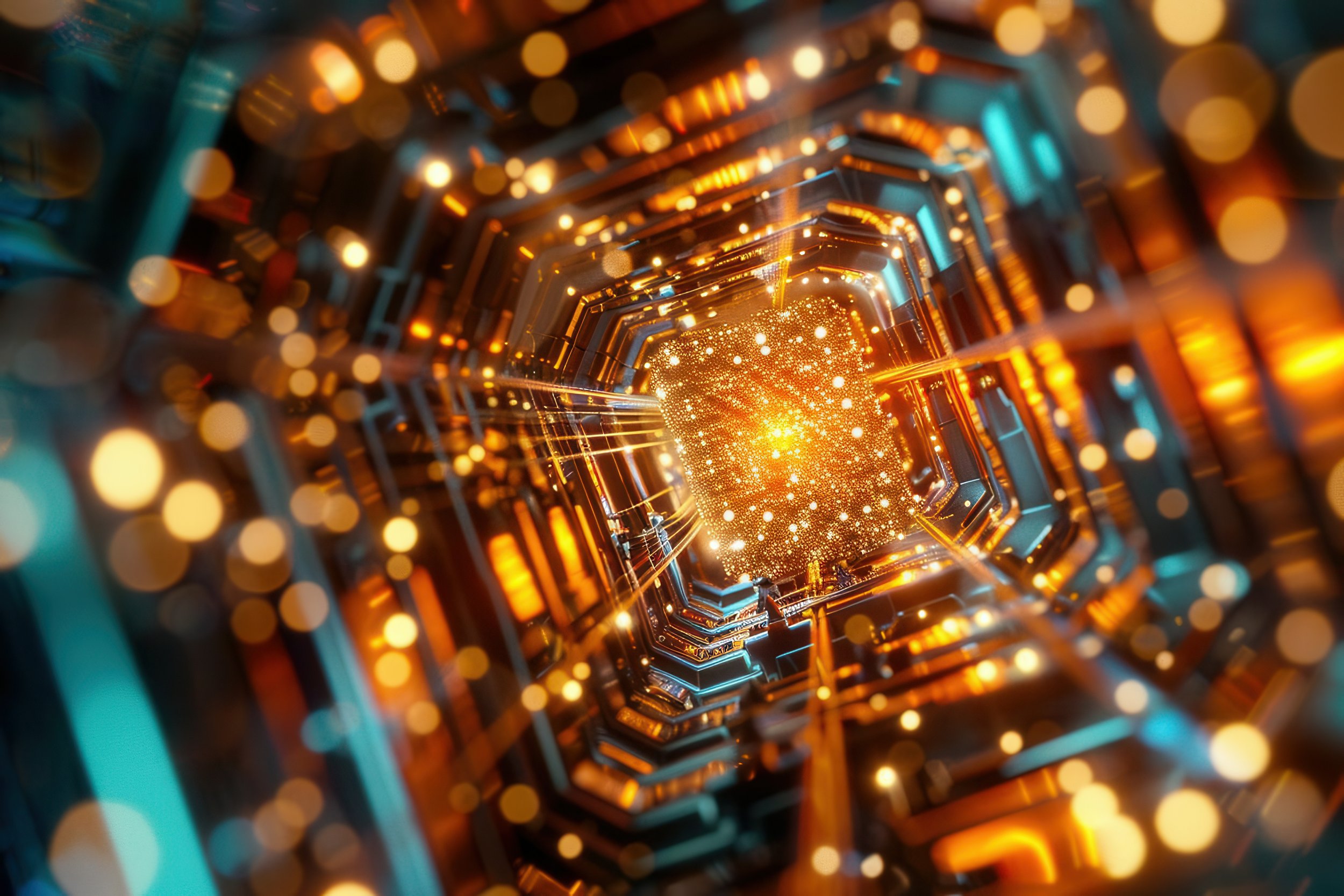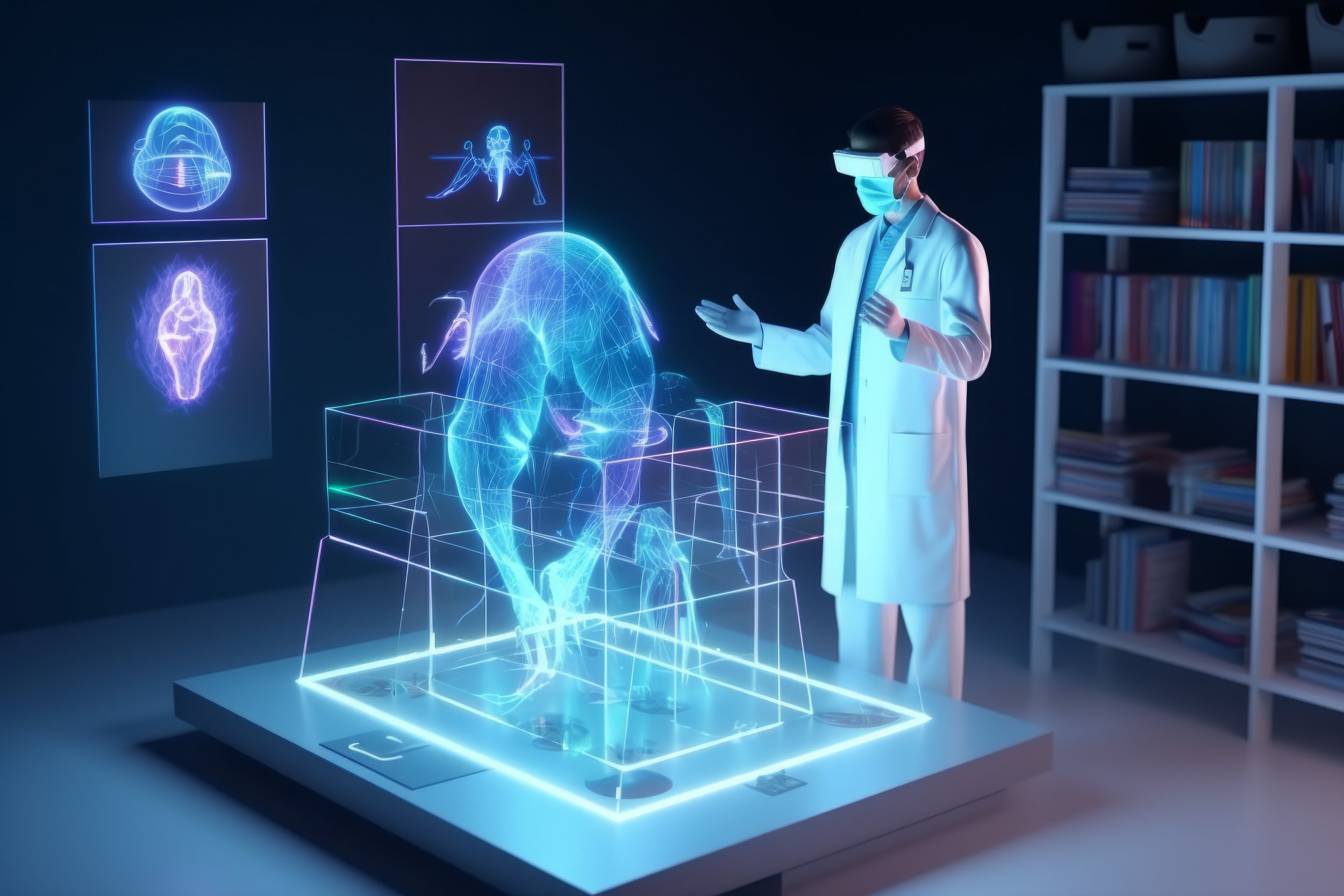
TechNews
Latest updates and insights on tech.
Smart Farming Technology
While IoT sensors, AI analytics, and drone technology offer transformative potential for precision agriculture, their adoption faces significant hurdles. High implementation costs and rural connectivity gaps create disparities in access. Strategic public-private partnerships and modular technology rollouts may help bridge these gaps, enabling farmers to achieve 20-30% resource savings through targeted irrigation and pest management.
Future of Telemedicine
Telemedicine is evolving beyond video consultations through AI-powered diagnostics and continuous health monitoring using advanced wearable devices. These innovations promise to bridge healthcare gaps, particularly in underserved regions. As reimbursement models catch up with technology, telemedicine is poised to shift from a supplemental service to a central care delivery channel.
VR in CBT
Virtual reality is transforming cognitive behavioral therapy by creating customizable, controlled environments for exposure therapy and anxiety management. Clinical studies demonstrate VR's efficacy in treating phobias, PTSD, and social anxiety disorders. While hardware costs and clinician training present adoption barriers, the technology's scalability potential could democratize access to evidence-based mental health interventions.
Innovative E-Waste Recycling
Emerging technologies are transforming e-waste processing through AI-powered robotic sorting systems and bioleaching techniques that safely extract precious metals. These innovations complement critical policy measures, such as extended producer responsibility and modular product design. While scaling these solutions remains challenging, they offer a blueprint for reducing the 53 million metric tons of global e-waste generated annually.
Autonomous Weapons: Ethical Debates
Lethal Autonomous Weapons Systems (LAWS) present a critical and urgent dilemma—military efficiency versus irreversible ethical consequences. While proponents cite precision advantages, the escalating risks of algorithmic error proliferation and uncontrolled combat scenarios have prompted more than 30 nations to demand preemptive bans through UN conventions.
Exploring Neural Network Complexity
From basic perceptrons to advanced deep learning models, neural network architectures continue to evolve in sophistication and capability. CNNs excel in image processing, RNNs handle sequential data, while transformer architectures are redefining natural language understanding. As research pushes boundaries in areas like neuromorphic computing and explainable AI, these systems are finding novel applications across healthcare, finance, and autonomous systems.
Rise of Cognitive Automation
Cognitive automation combines the efficiency of RPA with the decision-making capabilities of AI, enabling organizations to process unstructured data and execute judgment-based tasks. By integrating machine learning and natural language processing, these systems automate complex workflows that previously required human intervention. This technology is redefining operational efficiency across industries.
Edge IoT Security
The exponential growth of IoT devices exposes critical vulnerabilities in traditional cloud-dependent security models. Edge computing addresses these weaknesses by decentralizing data processing—reducing attack surfaces and minimizing latency in threat detection. Key implementations include localized encryption protocols and real-time anomaly detection at device clusters.
Health Monitoring Wearables
Advanced biosensors and AI algorithms are pushing wearables into clinical-grade diagnostics, enabling non-invasive monitoring of biomarkers and vital signs with unprecedented accuracy. These devices now integrate multiple data streams to provide comprehensive real-time health assessments. While challenges remain in sensor reliability and data privacy, these innovations point toward a future of truly preventive healthcare.
Generative Deep Learning
Generative models, such as GANs, learn data distributions to produce novel, realistic outputs across various media formats—from photorealistic images to synthetic voices. These architectures are transforming the creative industries and scientific research by enabling the generation of artificial content at unprecedented quality levels. As the technology matures, it raises important questions about authenticity and intellectual property in the digital age.
5G and Emerging Technologies
5G's ultra-low latency and high-bandwidth capabilities are unlocking new possibilities for immersive AR/VR experiences, responsive IoT networks, and reliable autonomous vehicle communications. By enabling real-time data processing at unprecedented speeds, this infrastructure simultaneously accelerates innovation across multiple tech sectors.
IoT Growth Challenges
The exponential growth of IoT devices exposes critical limitations in current networks' ability to manage security and data processing. Emerging solutions, such as edge computing architectures and advanced encryption protocols, aim to create resilient frameworks capable of supporting massive deployments. These innovations will be crucial for enabling real-time analytics and maintaining system reliability across expanding IoT ecosystems.
Autonomous Vehicles: Future
AV technology combines cutting-edge sensors and AI to redefine transportation through enhanced safety and efficiency. Yet its adoption presents complex ethical questions about algorithmic decision-making in critical scenarios, alongside evolving regulatory frameworks. Addressing these challenges through cross-sector collaboration will determine how successfully this innovation transforms our roads.
Biometric Authentication
Cutting-edge biometric technologies, such as vein patterns, voice signatures, and gait analysis, are expanding authentication possibilities beyond conventional methods. While offering superior security and user convenience, these emerging solutions must overcome hurdles, including spoofing vulnerabilities and compliance with privacy regulations.
Next-Gen Solar Cells
Emerging PV technologies, such as perovskite solar cells and organic-inorganic hybrids, are pushing efficiency boundaries while reducing production costs. Tandem cell architectures and luminescent concentrators demonstrate particular promise for commercial viability. These innovations address critical limitations of conventional solar cells, potentially accelerating the transition to renewable energy dominance.
IoT for Smarter Cities
IoT networks revolutionize urban management through real-time monitoring of traffic, energy use, and waste systems. Sensor-generated data enables cities to optimize resource allocation and enhance public services, while also addressing challenges in data security and infrastructure costs. The technology's predictive capabilities allow for proactive maintenance and more efficient urban planning.
Blockchain in Supply Chains
Blockchain technology transforms supply chain management by creating immutable, decentralized records that enhance traceability from origin to consumer. This innovation enables the real-time tracking of goods while verifying ethical sourcing and production standards, empowering both businesses and customers with unprecedented visibility.
AR in Experiential Learning
Augmented Reality bridges the gap between theory and practice by creating immersive, interactive learning environments that enhance skill development and learning. Through location-based experiences and collaborative problem-solving scenarios, AR enhances engagement, fosters critical thinking, and improves knowledge retention. This technology enables educators to equip students with essential 21st-century competencies through hands-on digital experiences.
Quantum Cryptography
Quantum cryptography leverages quantum mechanics to establish theoretically unhackable communication via Quantum Key Distribution (QKD). Unlike traditional encryption, QKD offers unconditional security by detecting any eavesdropping attempts. As research advances, this technology has the potential to redefine global data security standards in our increasingly vulnerable digital world.
AI in Predictive Healthcare
AI transforms patient care through predictive analytics, enabling the early detection of diseases and the delivery of personalized treatments. These technologies analyze vast datasets to uncover critical health patterns that humans might miss. While promising improved outcomes, challenges like data privacy and algorithmic bias require careful navigation as this technology reshapes modern medicine.



















